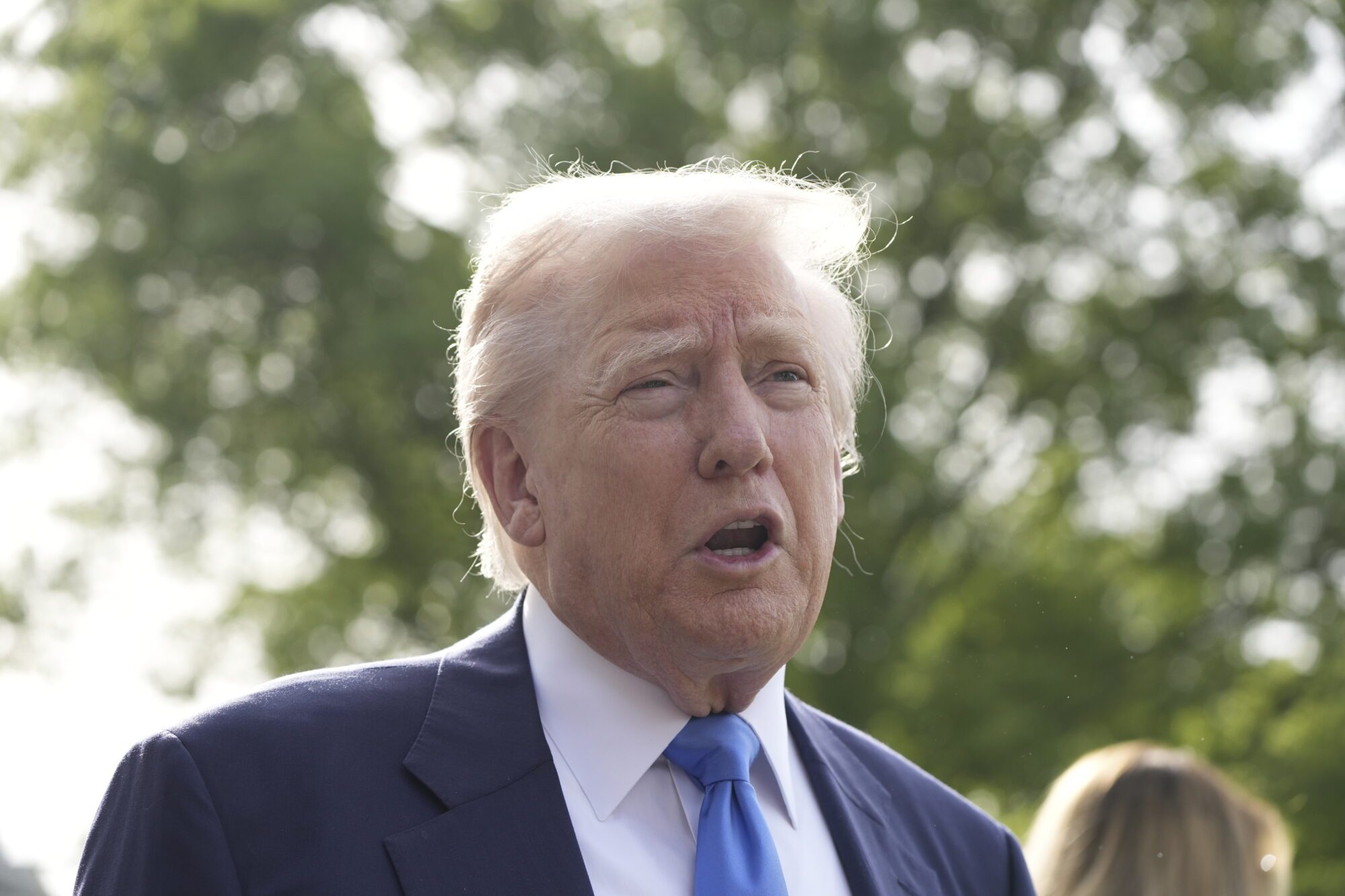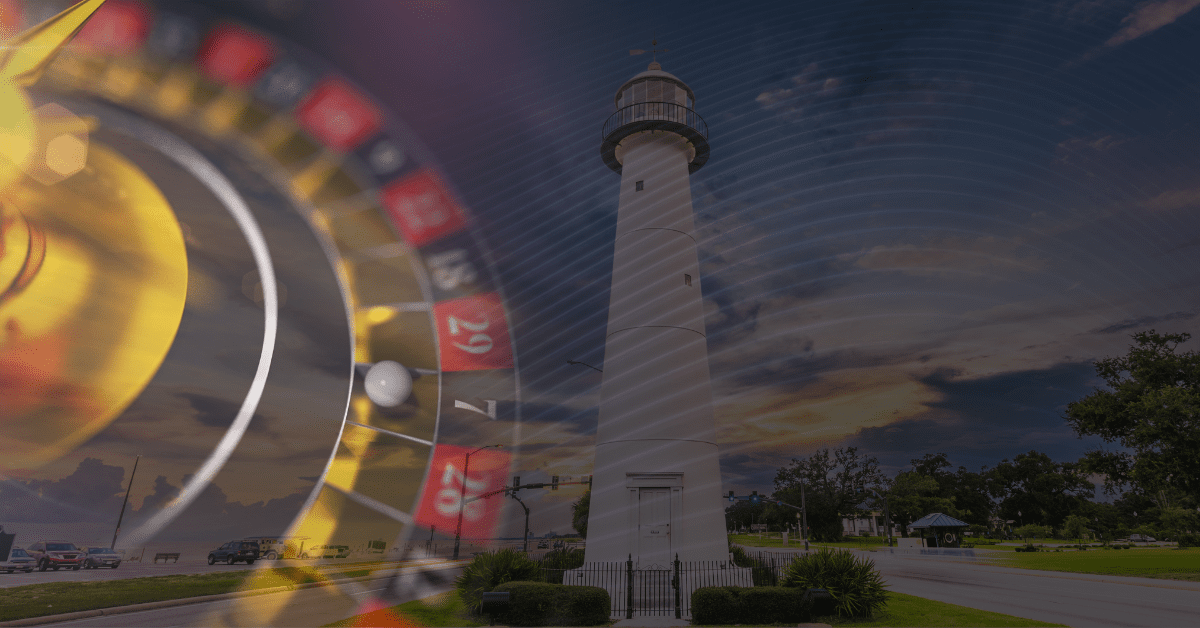Wicker: Time to Kill the Death Tax
Benjamin Franklin once said, “In this world, nothing is certain but death and taxes.” The truth to that famous statement is most evident in the death tax, which allows the government to confiscate a portion of Americans’ assets when they die. A person’s hard-earned savings, property, and businesses are all subject to a steep tax in order to be transferred to family members in the form of an inheritance.
Temporary Relief
This year, Americans will finally get a very brief reprieve from this onerous tax. In 2001, Congress passed legislation to phase out the death tax, fully eliminating it in 2010. However, because of Senate rules, the death tax is repealed for one year only. On January 1, 2011, the death tax will not only be reinstated; it will return with a vengeance to the Clinton-era high of 55 percent on many estates.
Proponents of the death tax are eager to keep these tax dollars rolling in, and they disingenuously suggest that it targets only the wealthiest Americans. This is simply untrue.
Hurts Family Farms and Small Businesses
Unfortunately, those who would be hurt most by reinstatement of the death tax are small- and medium-sized businesses and family-owned farms. Because of the death tax, heirs have been forced to sell businesses or close them altogether. Landowners, like many of those whose livelihood is made off farms across the state, would be particularly vulnerable. Many farmers’ equity is in their land, machinery, and production facilities. When a landowner dies, if the family does not have the capital to pay the reinstated death tax, they could be forced to sell land or other assets that are critical to the farms’ continued operations.
Stifles Job Creation
The death tax is also a job killer. A study by the Heritage Foundation found that up to 250,000 potential jobs are lost each year because of the tax. This is partly due to the death tax discouraging Americans from investing in business. When Americans reduce their investment in business, the consequences are slower wage growth and less capital for tools, equipment, and skilled workers. With the national jobless rate at 10 percent, we can ill-afford tax policies that will make it harder for Americans to find employment. On the other hand, Douglas Holtz-Eakin, former director of the nonpartisan Congressional Budget Office, recently estimated that the economy would create 1.5 million new jobs if the death tax were fully repealed.
The death tax is fundamentally unfair. Americans pay taxes throughout their lives, and the government then goes back and takes one last cut of the assets they build over a lifetime. I believe the death tax should be permanently repealed. However, the reality of the political climate makes this outcome unlikely in the near term. Congress is working on a compromise solution that would lower the tax rate and raise the exemption so fewer Americans are penalized. It is important that we address this consequential issue this year before the death tax skyrockets back to the steep rates of the Clinton administration.
Wicker Press
1/7/10







